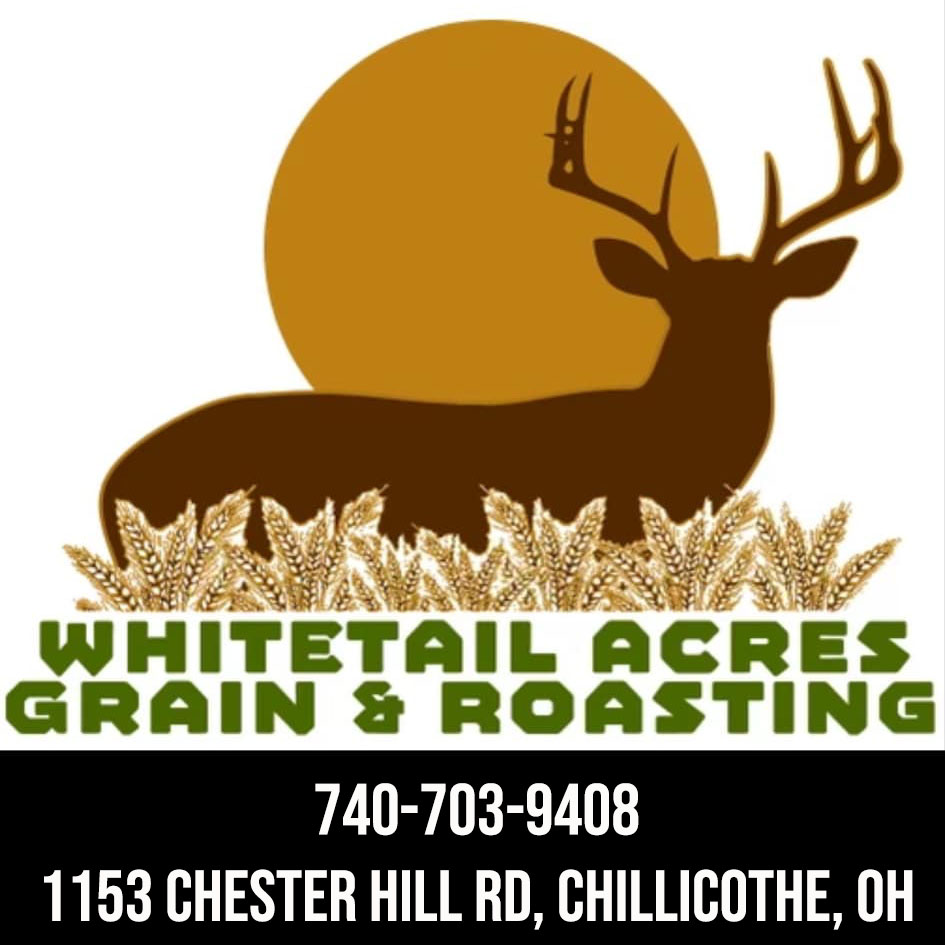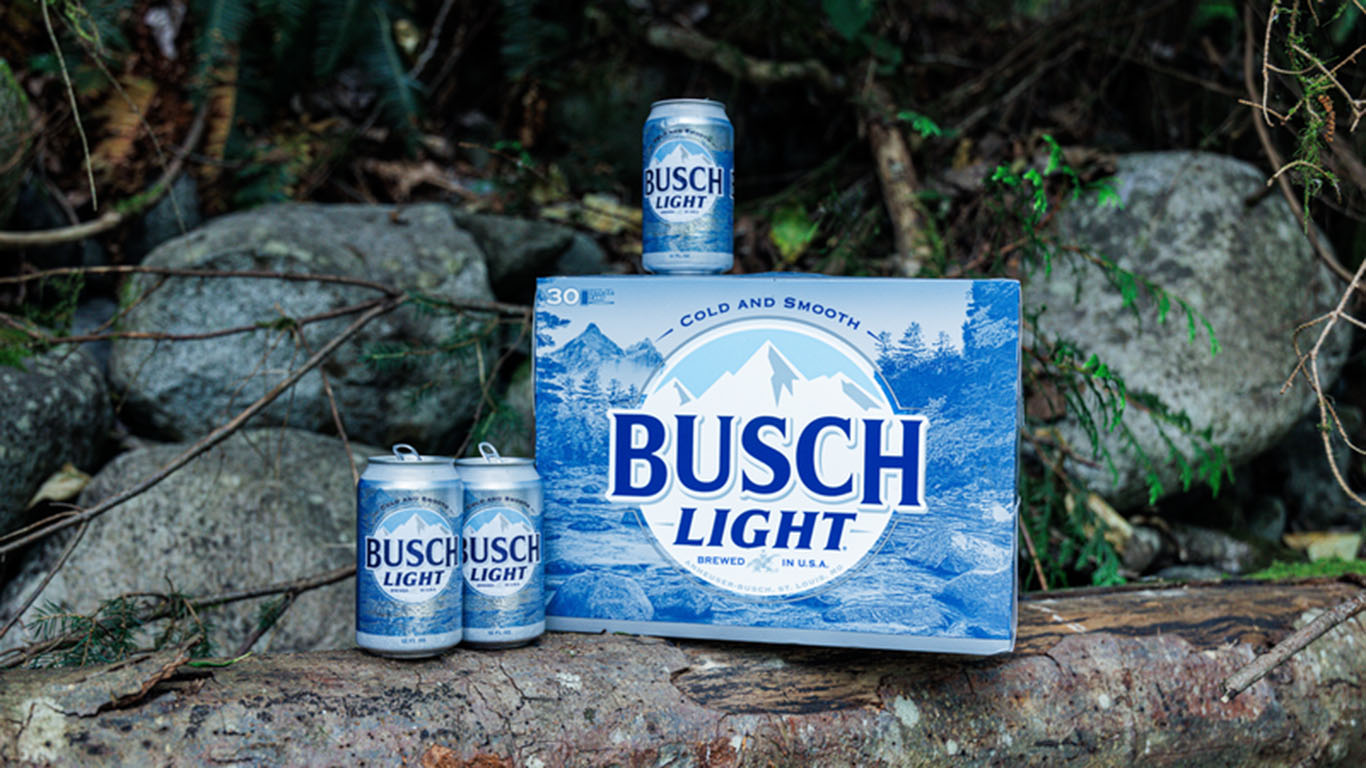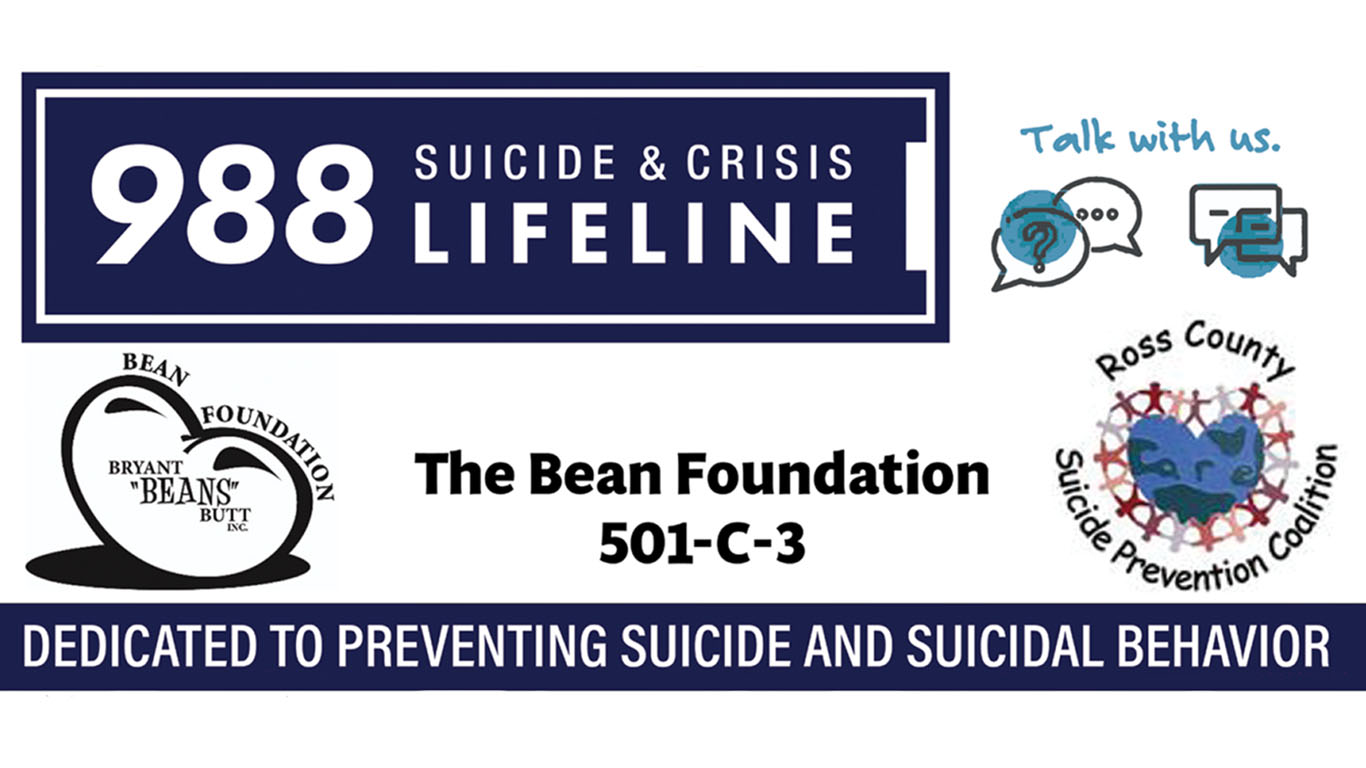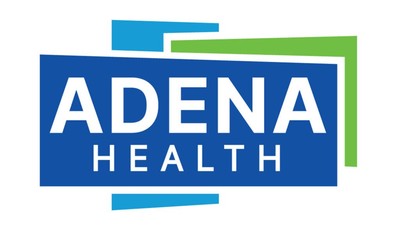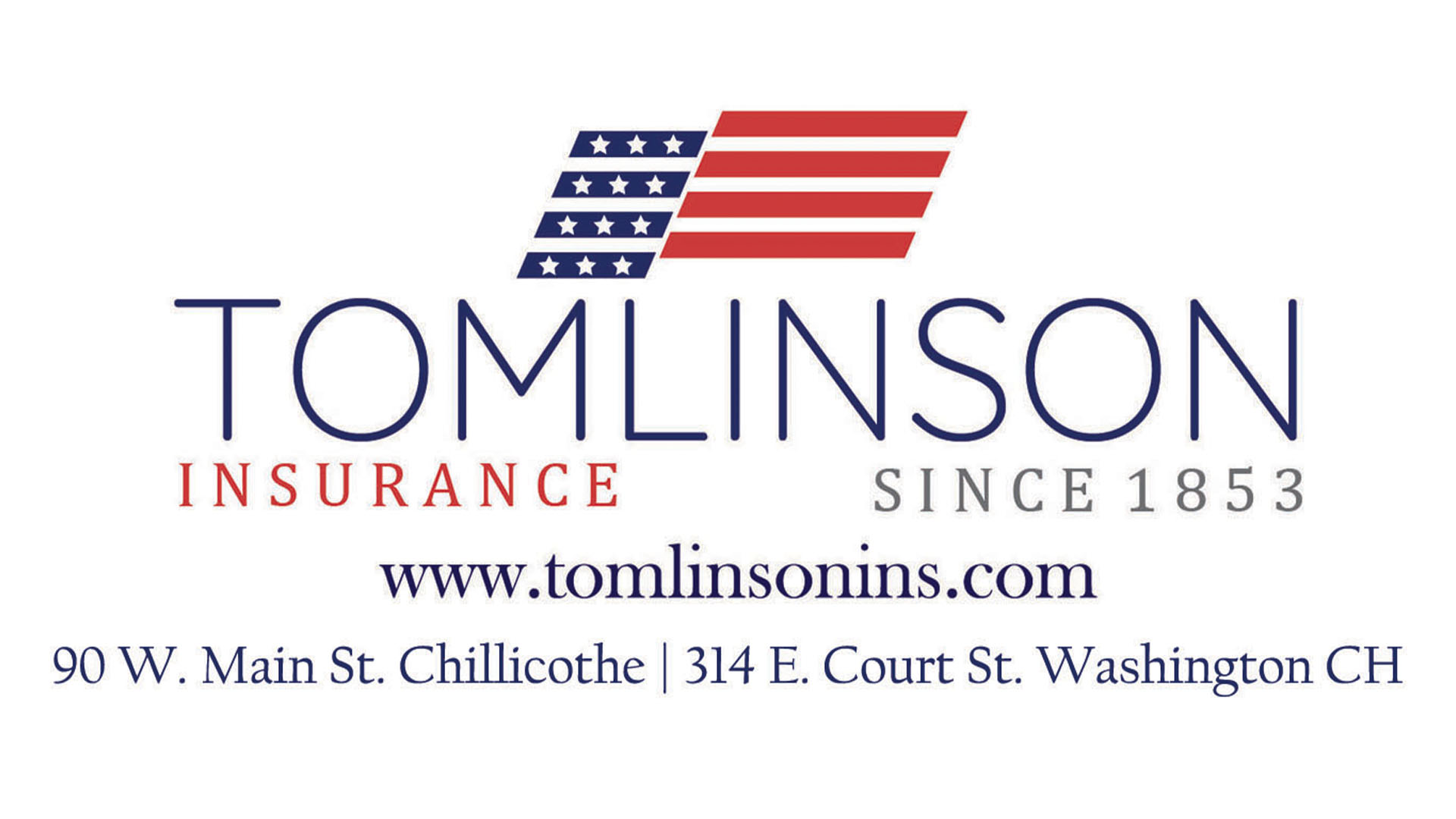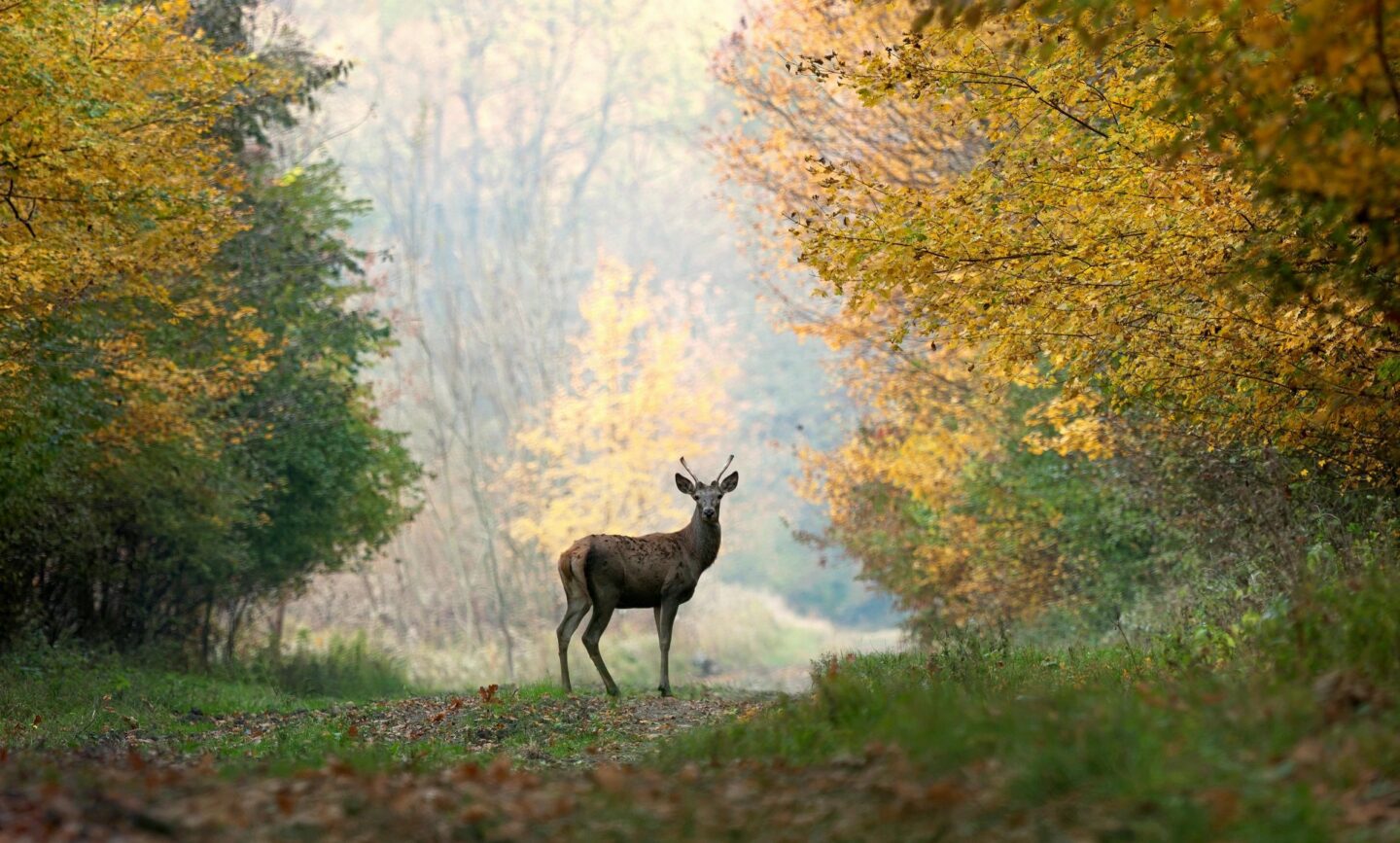
Deer-Vehicle Crash Season in Full Swing
Article Presented By Classic Brands…
(Columbus) – AAA, Ohio State Highway Patrol, Ohio Department of Insurance, Ohio Department of Transportation, Ohio Department of Natural Resources and the Ohio Turnpike and Infrastructure Commission want to remind motorists of the increase in deer-related traffic crashes this time of year.
Since 2018, statistics from the Ohio State Highway Patrol show there were 104,328 deer-related crashes on Ohio’s roadways. While 95% of deer-related crashes only resulted in property damage, 33 crashes resulted in fatal injuries to motorists, with a total 34 people being killed. Additionally, 47% of these crashes occurred in October, November and December.
“Ohio drivers should keep in mind that deer activity always increases during this time of year – especially at dawn and dusk,” said Governor Mike DeWine. “With Ohio’s strengthened distracted driving laws now in place, we anticipate that more drivers will stay alert to their surroundings, and as a result, we hope fewer deer-related crashes will take place this fall.”
At least 50 deer-related crashes happened in each county, with the highest taking place in Stark, Richland, Hancock and Defiance counties. The routes with the most deer-related crashes were U.S. Route 30, state Route 2, Interstate 71, Interstate 75 and Interstate 77.
“You’re more likely to spot deer when you practice safe driving habits and have your full attention on the roadway,” said Colonel Charles A. Jones, Patrol superintendent. “If you happen to strike a deer, if you’re able, move yourself to a safe place, turn on your hazards and report the crash.”
According to the Ohio Department of Natural Resources (ODNR) Division of Wildlife, deer become visibly active in October, November and December. This is due in large part to the fall breeding season, which sometimes causes deer to dart into roadways with little caution. This unpredictable movement
leads to an increase in deer-related vehicle crashes. Drivers are encouraged to be extra cautious in areas where fencerows, riparian corridors or other blocks of forested habitat intersect a roadway.
“With deer activity on the rise, it’s extra important at this time of year to watch for deer,” said Division of Wildlife Chief Kendra Wecker. “Deer often move in groups, so if you see one, slow down and be prepared for more to cross the road.”
On average, the Ohio Department of Transportation and the Ohio Turnpike and Infrastructure Commission remove more than 13,000 deer carcasses from our roadways each year.
Cost of Deer-Vehicle Collisions:
Colliding with a deer is not only dangerous, it’s also increasingly costly. Recent data estimates the average insurance claim for a deer-vehicle collision in Ohio is nearly $5,000. Vehicle sensors found on newer vehicles continue to increase repair costs. In fact, AAA found these new safety systems can double repair bills for minor collisions. The included graphic depicts the estimated repair costs for various vehicle sensors (more information at Newsroom.AAA.com). Without adequate insurance, drivers are left paying the bill. This is why it’s important to make sure you’re covered before a crash occurs.
“In the event of an accident, it’s important to have adequate insurance for financial protection,” Ohio Department of Insurance Director Judith L. French said. “Now is the time for Ohioans to contact their insurance agents to complete an insurance review.”
AAA and the Ohio Department of Insurance remind drivers that the optional comprehensive coverage (also known as “other than collision” coverage) portion of an auto insurance policy often is used to pay for deer-vehicle damage repair. Collision or liability-only policies do not cover the damage. With the vast number of costly deer collisions on Ohio’s roads, it is often a good idea to evaluate maintaining comprehensive coverage, even with older vehicles.
“While we can’t predict the actions of deer and other animals on the road, anything you can do to help prevent a crash or reduce the damage from an animal-related collision can save money and potentially save lives,” said Public Affairs Manager Kara Hitchens, AAA Club Alliance.
How to avoid animal collisions:
· Scan the road ahead: Looking ahead helps provide enough reaction time if an animal is spotted. Also, remember some animals, like deer, move in groups.
· Use high-beam headlights if there is no oncoming traffic: This can help you spot deer or other wildlife more quickly and give you time to slow down, move over or honk the horn to scare the animal away. High beams also help in spotting animals’ reflective eyes.
· Be extra cautious at dawn and dusk: Deer tend to be more active in the early morning and at dusk. That’s why these are peak times for deer-vehicle collisions.
· If a collision is unavoidable, apply the brakes firmly and remain in your lane: Swerving to avoid an animal can often cause a more serious crash or cause you to lose control of your vehicle. Drivers who swerve to miss a deer and hit something else may be charged for an at-fault crash.
· Always wear a seatbelt and remain awake, alert and sober: The chances of getting injured when hitting an animal are much higher if you don’t have your seatbelt on. If you’re distracted or drowsy, you’re not properly scanning the road for deer and could end up spotting them too late.
What to do if you hit a deer:
· Following the collision, call the police.
· Avoid making contact with the deer/animal. A frightened and wounded animal can be dangerous and pose a threat when approached or might further injure itself.
· Activate the vehicle’s hazard lights whether it’s light or dark outside.
· If possible, move the vehicle to a safe location out of the roadway, and wait for help to arrive.
· Drivers should contact their insurance agent or company representative as quickly as possible to report any vehicle damage.
Ohioans with insurance questions can reach out to the Ohio Department of Insurance at 1-800-686-1526 or via www.insurance.ohio.gov. The website also contains wide-ranging educational insurance information.
AAA provides more than 63 million members with travel, insurance, financial and automotive-related services. Since its founding in 1902, the not-for-profit, fully tax-paying AAA has been a leader and advocate for the safety and security of all travelers. AAA clubs can be visited online at AAA.com.
As always, motorists are also reminded they can dial #677 from their mobile device to be connected to the nearest Ohio State Highway Patrol Post during a roadway emergency. A statistical map containing deer-related crash information can be found here and additional information on crash statistics can be found on the Ohio State Highway Patrol’s Ohio Statistics and Analytics for Traffic Safety (OSTATS) Dashboards.














